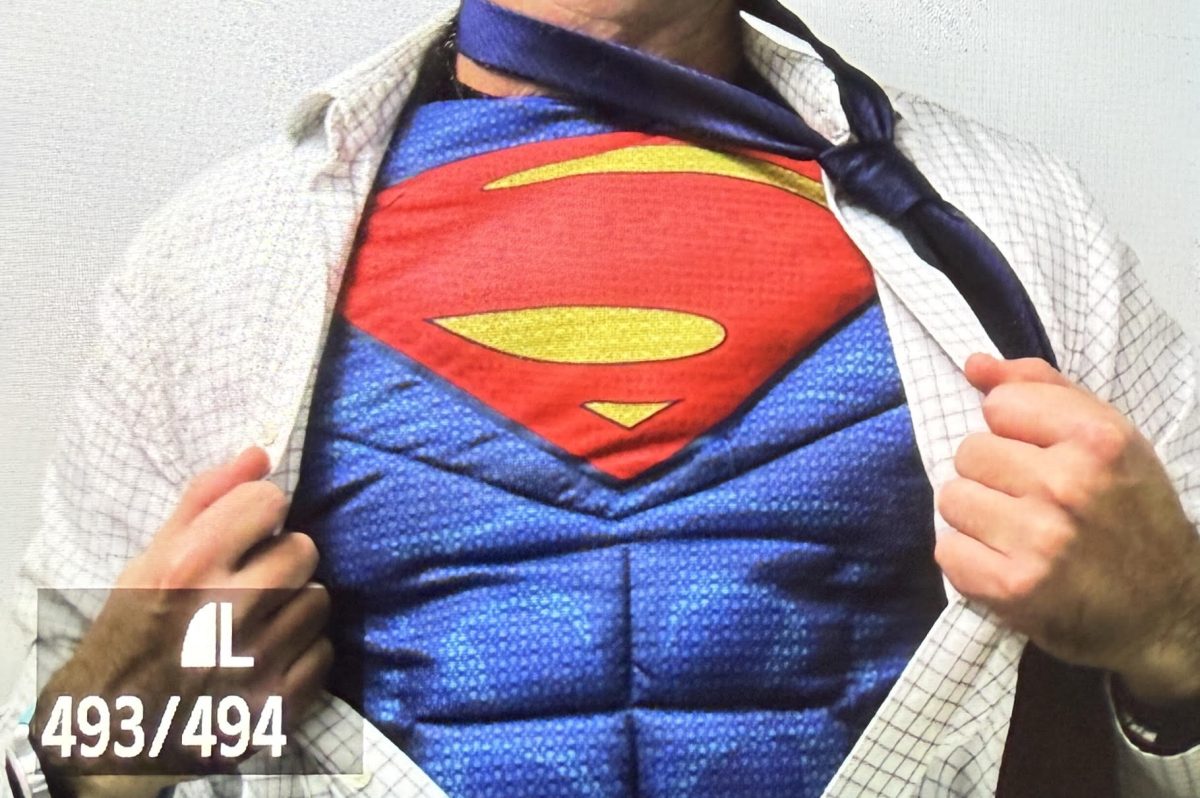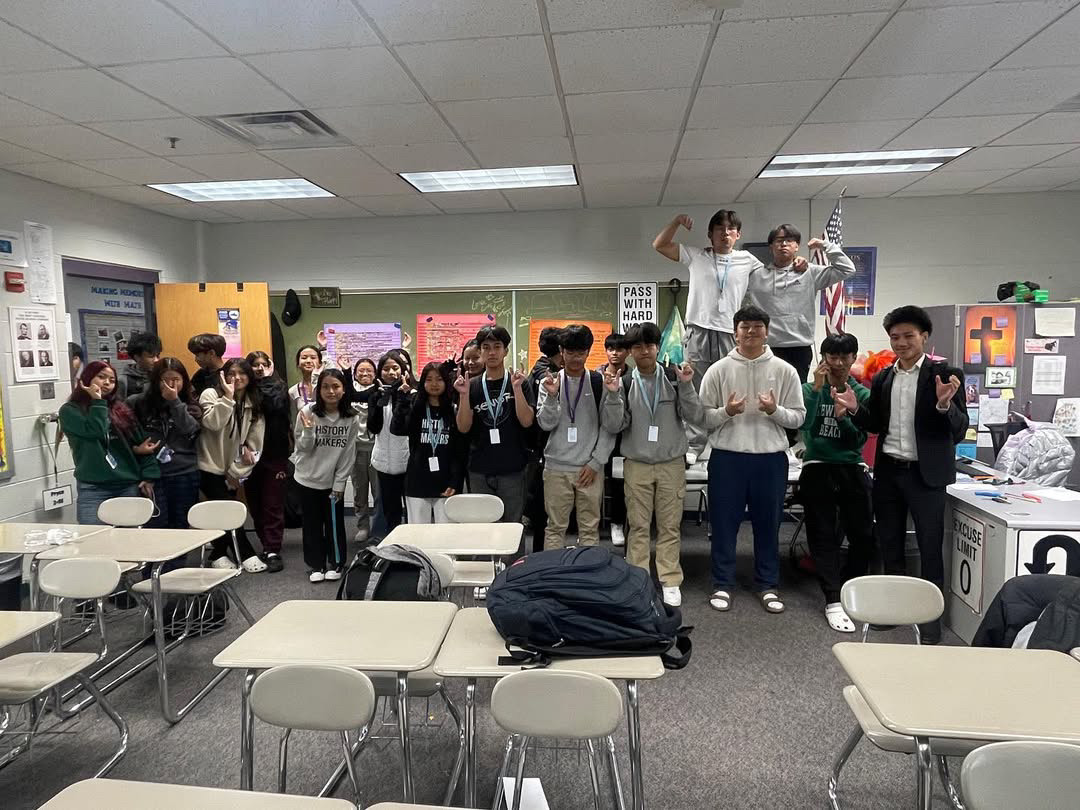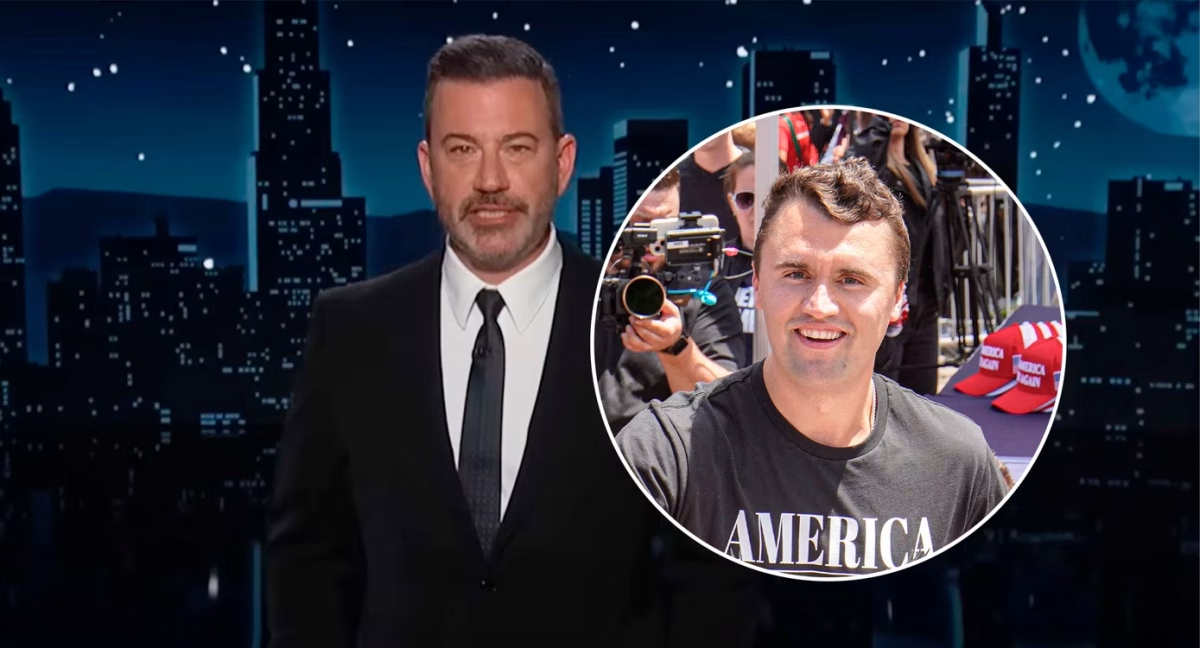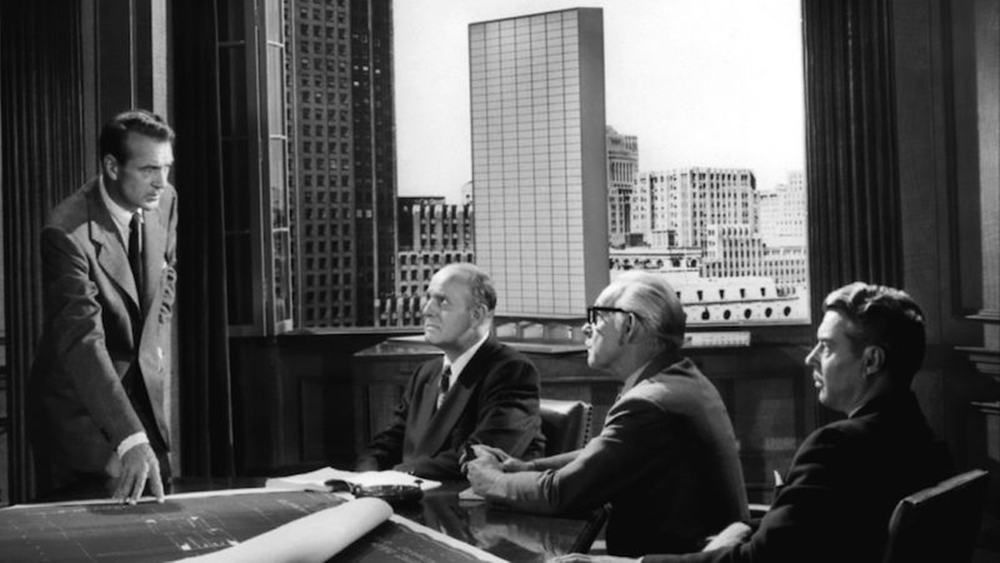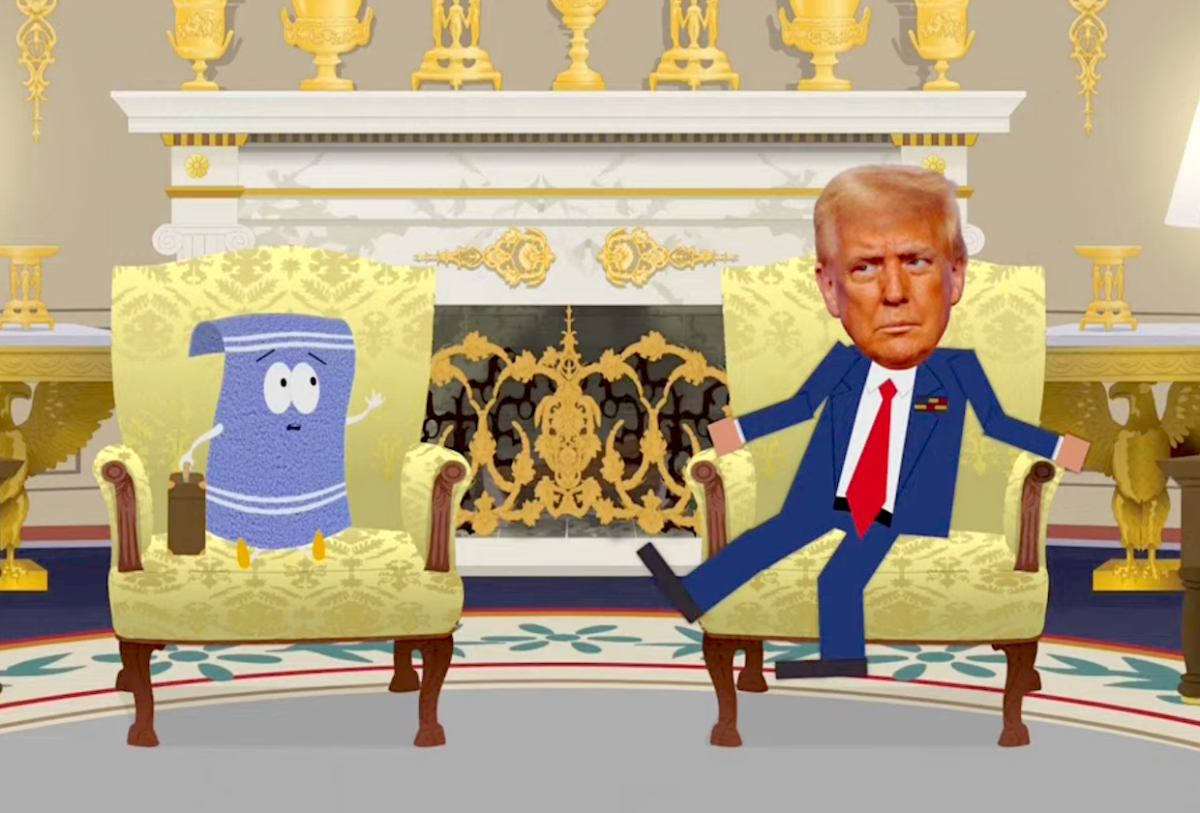“Superman? who cares.” I said as I scoffed.
At the latest screening of Superman, written and directed by James Gunn, I heard the theater roaring with echoes of joy. Fathers dressed in their Superman t-shirts, matched with their three-foot sons, and
“Punkrocker” (by the Teddybears ft. Iggy Pop’s lead vocals) buzzing through headphones of passersby. For once, Superman was not just a distant icon pasted on a comic store windowsill—he was the reason a community came together.
I decided to rent the 15-dollar movie, and watch it all the way through.
At first, there was nothing I saw in the face of his character or the color of his suit. It was a basic blue. A basic red diamond and yellow “S”; nothing that had me questioning, nothing that had me hooked. I never appreciated or cared for his character. He always seemed too shallow, too unrelatable, too otherworldly. Unlike Batman or Spiderman, there was no complexity I could grasp, ‘no flaws’ I thought.
Gunn’s Superman changed that. It wiped away the heroic stereotype that revealed a human beneath the cape—a reminder that even superhumans struggle to define what it means to be ‘ordinary’. And in doing so, it reshaped how people see not just superheroes, but themselves.
“The best part about [Superman] is that he’s human. Just like everyone else” said Lyjah Cox, who saw the movie the day after its release. While most of the comic book movies lean into Superman’s alienated persona, Gunn showed the people a face most heroes never reveal: their candid vulnerability.
Sometimes, humans forget who they really are at their core: humans. Not a goblin or bat mask—just a pair of two earnest eyes, and a bare mind. What Superman revealed was not only a personal side of Superman, but a side of society that is often overlooked or dismissed.
“It is a great representation of positive masculinity, or, what it means to be a man” Benjamin Tatum said. In a culture where people hide their true selves. As if openness is a threat to their display, Superman can teach people that the part of them they fear and hide is the most heroic part of their nature, and that—is something to take pride in.
“I left the movie theater feeling a renewed sense of joy and hope for the future. It made me want to be a better person,” Scarlet Van Harten said. Movies can change that in someone; perspectives, perceptions, and can change the way the world may appear. They offer a pair of glasses that reveals something that is often unseen or hidden. What Gunn did with Superman was strip away the invincibility and perfection of the common hero, and instead highlight his vulnerability, compassion and struggle to belong.
He found the human in him, he emphasized Superman’s moral compass, his constant choice to do good even when it is difficult. This portrayal speaks to audiences not as a fantasy to aspire to, but as a reflection of who they already are or could be if they embraced their true selves.
In a society that teaches us to wear masks, to conform, and to suppress what makes us different, Superman becomes more than just a symbol of strength—he becomes a mirror. Gunn’s version suggests that our greatest strength lies not in hiding our uniqueness, but in owning it.
And in the end, it was not the cape or special effects that defined Gunn’s Superman. It was the crowd that left the theater with a little more humanity in their hearts. Their fragments of absolute joy coming together to make a beautiful picture of true cinema:
Humankind.


